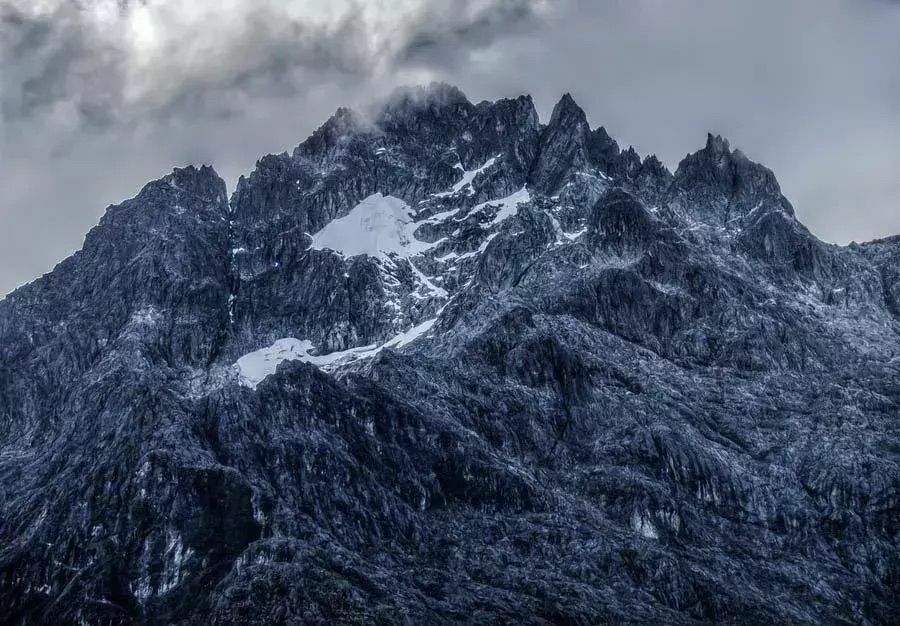***If you are wondering why are we talking about some of the world's most famous peaks - this is thanks to our Community member ranks! Every athlete in the community has a rank based on their contributions and ranks are named after prominent peaks of the world. Our series 'To The Peaks & Beyond' aims to bring you the stories and fun facts behind these peaks.
Check out the rest of the series here.
If you ever find yourself in Venezuela you’ll likely find it hard to resist taking a proper peek at the nation’s most beautiful mountain called Pico Bolívar. In order to do so, you will need to be prepared for the snow, glaciers, and loads of walking. That’s true - this mountain’s majestic summit is permanently covered with névé, a granular type of snow that has been partially melted, refrozen and compacted, as well as three small glaciers, and it can only be reached by foot.
Sounds like: /ˈpi.koʊ/bɔ.li.vaʁ/ “pee·koh | boh·lee·vahr”
Choose your own adventure. To reach the top, you can either opt for a multi-day trek from one of the towns nearby or you can take the Mérida cable car (the highest and longest cable car in the world when it was built) which brings you to Pico Espejo. From there only the bravest souls continue onwards to climb Pico Bolívar in as little as six hours. If you opt for the cable car, not being acclimated to the altitude can pose a serious risk, therefore, many people decide to hike up and take the cable car on the descent.
Situated amongst 58 other stunning mountains in one of Venezuela's most impressive national parks, Parque Nacional Sierra Nevada, Pico Bolívar takes the title of the highest peak of the Venezuelan Andes, with an altitude of 4,978 metres (16,332 ft) above sea level. Officially renamed on December 30, 1934, this peak was named after the Venezuelan independence hero, Simón Bolívar.

Fun facts:
- There’s a statue of Simon Bolivar, the national hero, at the summit.
- Ropes, harnesses, carabiners, helmets, crampons and ice axes will likely fill your pack, depending on the season.
- While this peak can be summited all year around, the best time to climb is the period from December to March during the dry season.
- The glacier formations found on Pico Bolivar are famous for their beauty and amazing history which dates back to the Pleistocene era.
- The cable car - the teleférico - was built in 1960 with components from France and Switzerland, the operators are Venezuelans, trained in France. The trip takes about 50 minutes and proceeds in four stages from the base station to Pico Espejo.
- In the 60s, year-round skiing was possible near the top of the cable car station. By 1980, the possibility waned as climate change began to take its toll. Fast forward to today -- you'll find that snow no longer stays for more than a day after a snowfall, and skiing on Pico Espejo is pretty much extinct.
- Despite the normal climbing route not being overly technical or difficult, there’s a 50% success rate for climbers attempting to summit the mountain, due to the altitude.
I'll leave you with one question: If you had to summit this peak, would you opt for the multi-day trek or risk getting altitude sickness by taking the cable-car shortcut to the highest station?
Till the next peak! 🏔️✌️


